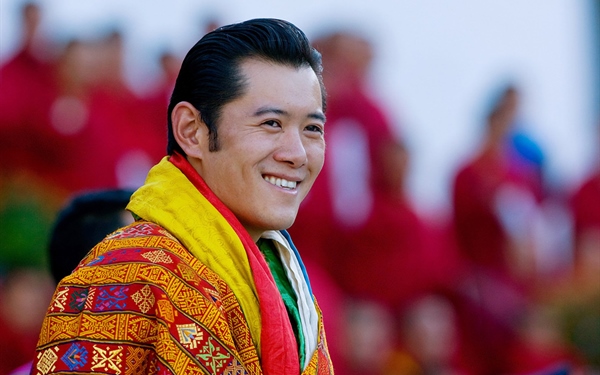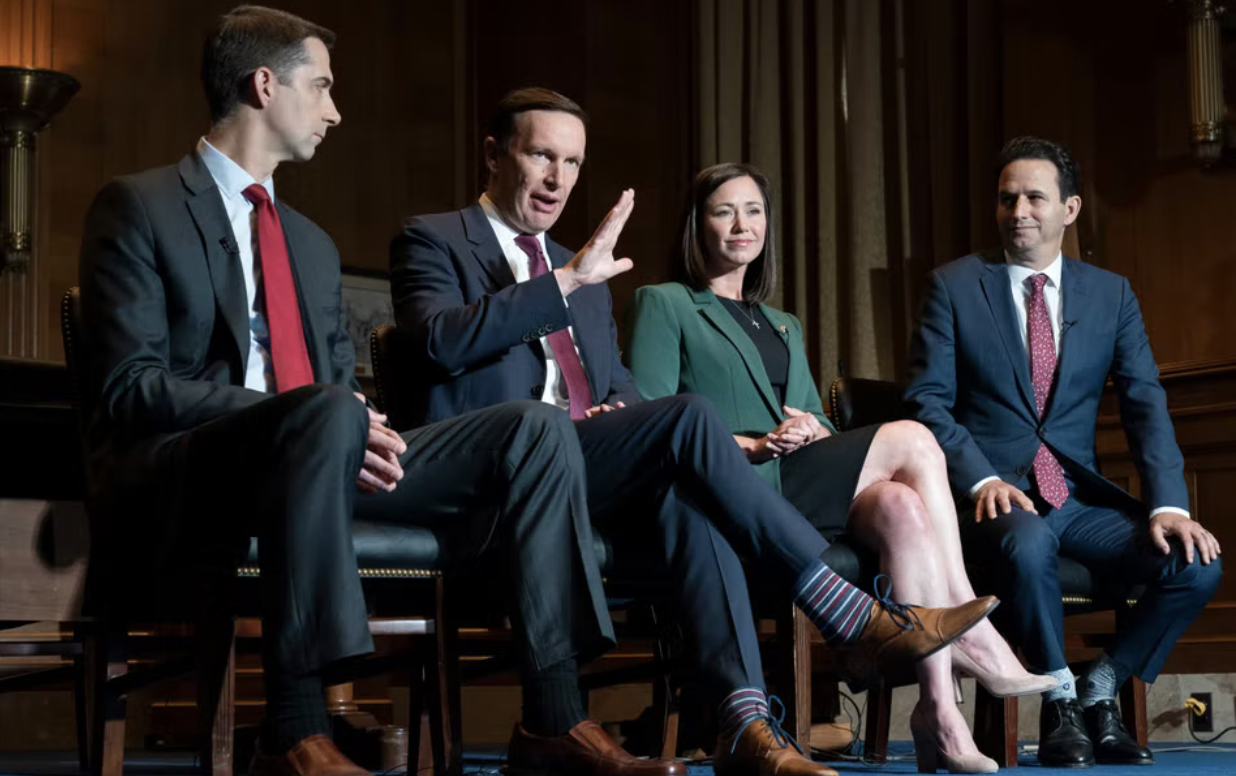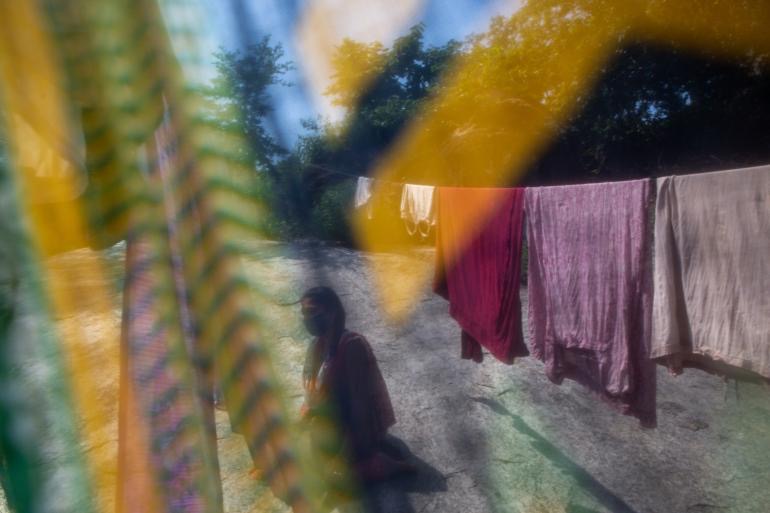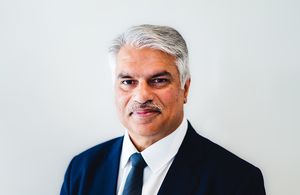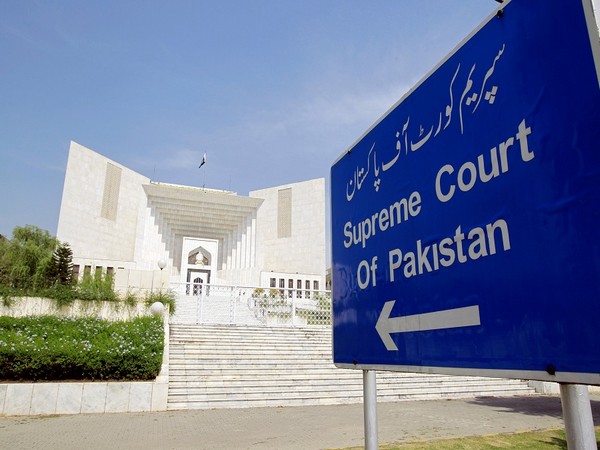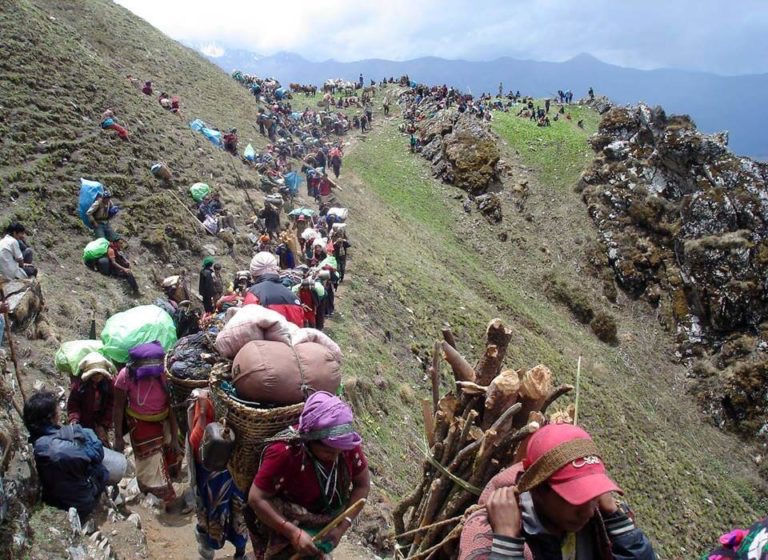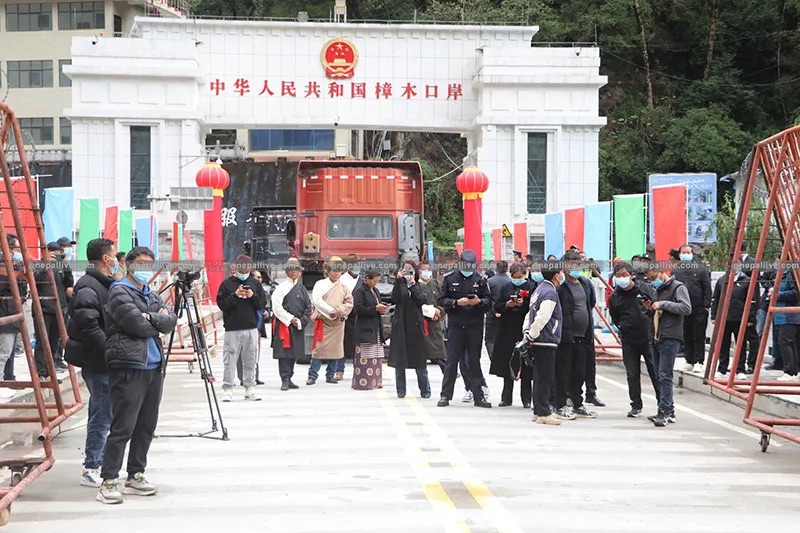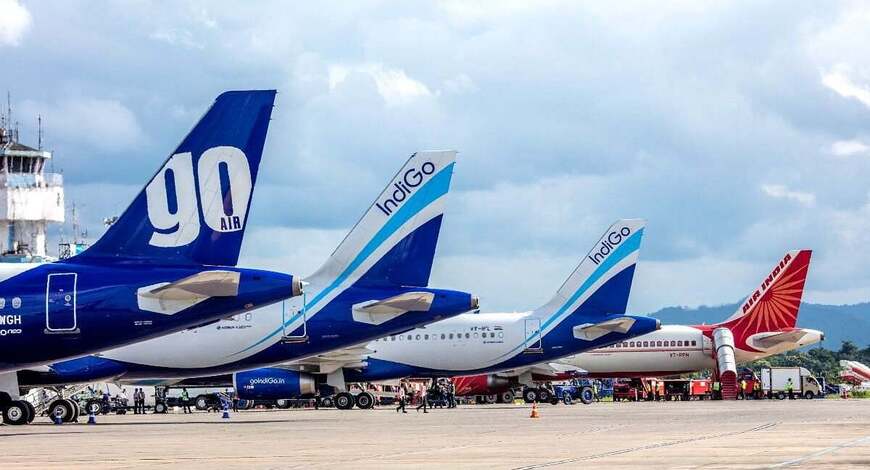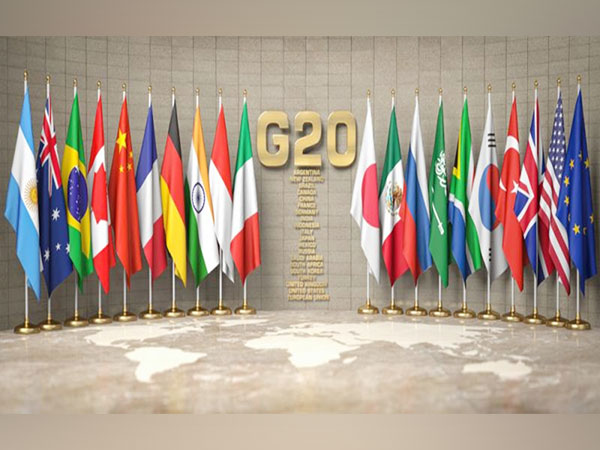London – Two leading international human rights organisations have called upon the Bhutanese monarch to release political prisoners languishing in various Bhutanese prisons.
In a joint statement issued on Friday, Amnesty International and Human Rights Watch said King Jigme Khesar Namgyel Wangchuck should use his authority to release political prisoners held in poor conditions for decades following unfair trials in Bhutan. King Jigme will visit London to attend the coronation of King Charles III on May 6, 2023.
Bhutanese law defines those imprisoned for “offenses against the Tsa-Wa-Sum (king, country and people)” as “political prisoners.” Of the 37 known cases, the longest-serving have been in prison since 1990 and many were sentenced to life without parole. Most are accused of opposing discriminatory policies and rights violations targeting Bhutan’s Nepali speaking community, which faced persecution in the 199os.
“Bhutan has cultivated an image around the world as an enlightened kingdom committed to promoting Gross National Happiness,’ but the continuing imprisonment of these political prisoners tells a different story,” said Dinushika Dissanayake, deputy director for South Asia at Amnesty International. “Under Bhutan’s Constitution, only King Jigme has the power to grant early release and he should do so without further delay, to end the suffering of these prisoners and their families.”
Based on the accounts of former political prisoners and families, the political prisoners were subjected to torture and had no access to defense lawyers at the time of their arrest and trial. Currently, the prisoners are reportedly given inadequate food, heating, and bedding in a generally cold climate, and are denied regular communications or visits from their families, the joint statement says.
“They [Bhutanese soldiers] arrested us … and for 20 days they treated us mercilessly,” one prisoners said to Human Rights Watch. “After that, they prepared a statement as per their own wish and thought, not based on what we said. They brought us to the district court. The judge asked us, ‘Do you have anything to say?’ So we gave them our statement in writing. But there was no use of that submission. They used their own statements instead.”
The sister of another prisoner who was arrested in 2008 and remains in prison said, “He was tortured by the army.…They [the prisoners] were beaten and burned. When I met him, he was very sad, his eyes were full of tears.”
In 2019, United Nations experts noted that some of these prisoners had been convicted of “terrorism” but that they were accused of “actions that appeared … to be unrelated to terrorism.” The UN experts found that those “serving life sentences have no prospect of release, with the exception of amnesty,” and recommended that the cases be reviewed “to determine whether there were any due process violations that may have led to their conviction.”
Of the 37 known “political prisoners,” 32 belong to Bhutan’s Nepali-speaking community, known as Lhotshampas, while five belong to another community known as Sharchops. The Sharchop prisoners are accused of ties to a banned political party, the Druk National Congress, which campaigned for democratic reform in the 1990s.
The King of Bhutan may grant kidu (relief) as well as “amnesty, pardon and reduction of sentences.” The Sentencing Guideline of the Judiciary of Bhutan states that an offender “sentenced to life in prison shall remain in prison until he or she dies or until pardoned or otherwise commuted to a fixed period, or receives Royal pardon, amnesty or clemency.”
In 1999, the king at that time, Jigme Singye Wangchuck, granted amnesty to 40 political prisoners, including some serving life sentences. In 2022, the present monarch, King Jigme Khesar Namgyel Wangchuck, granted amnesty to a political prisoner serving a life term.
“Bhutan has undergone democratic reforms and made efforts to modernize its legal system since 2008, but these political prisoners received unfair trials that condemned them to spend their lives in prison,” said Meenakshi Ganguly, South Asia director at Human Rights Watch. “The king should close this chapter, show compassion, and free these prisoners now.”




